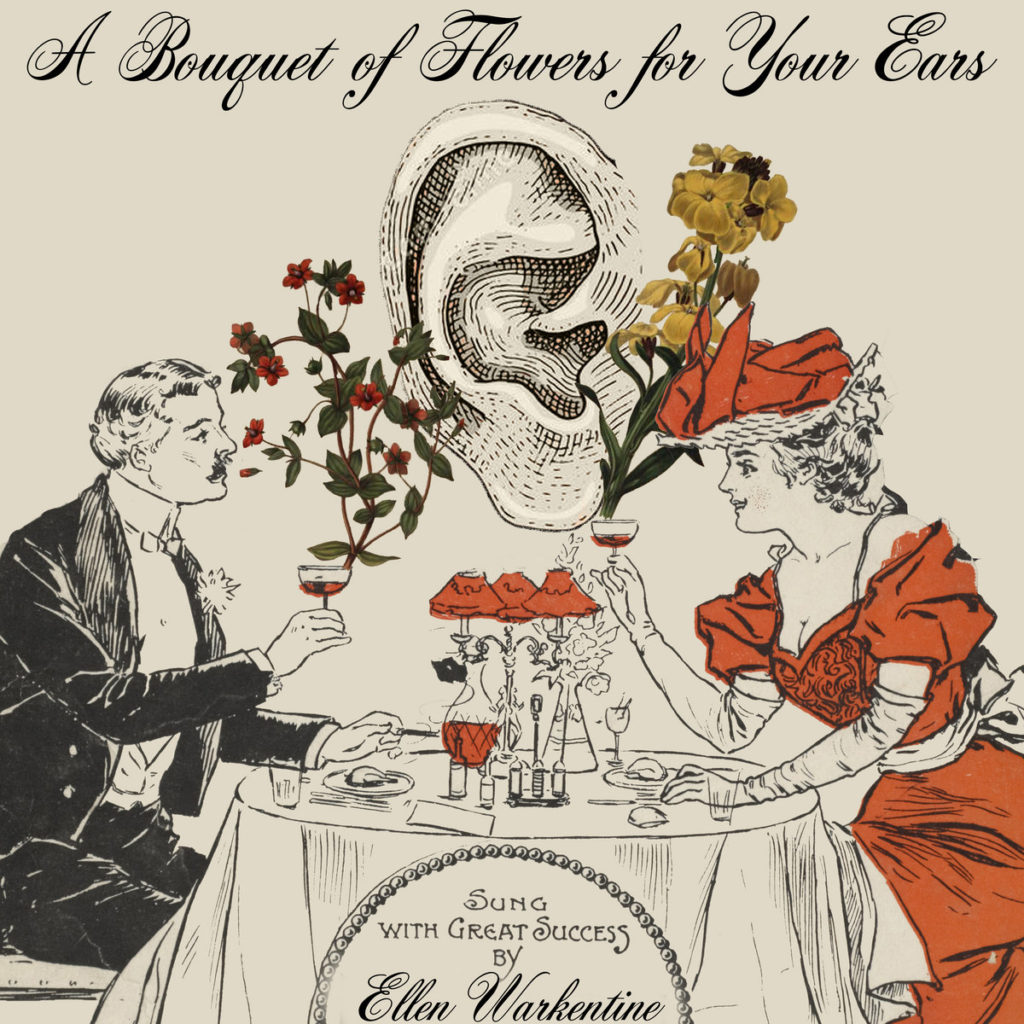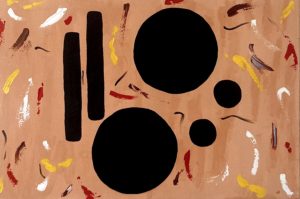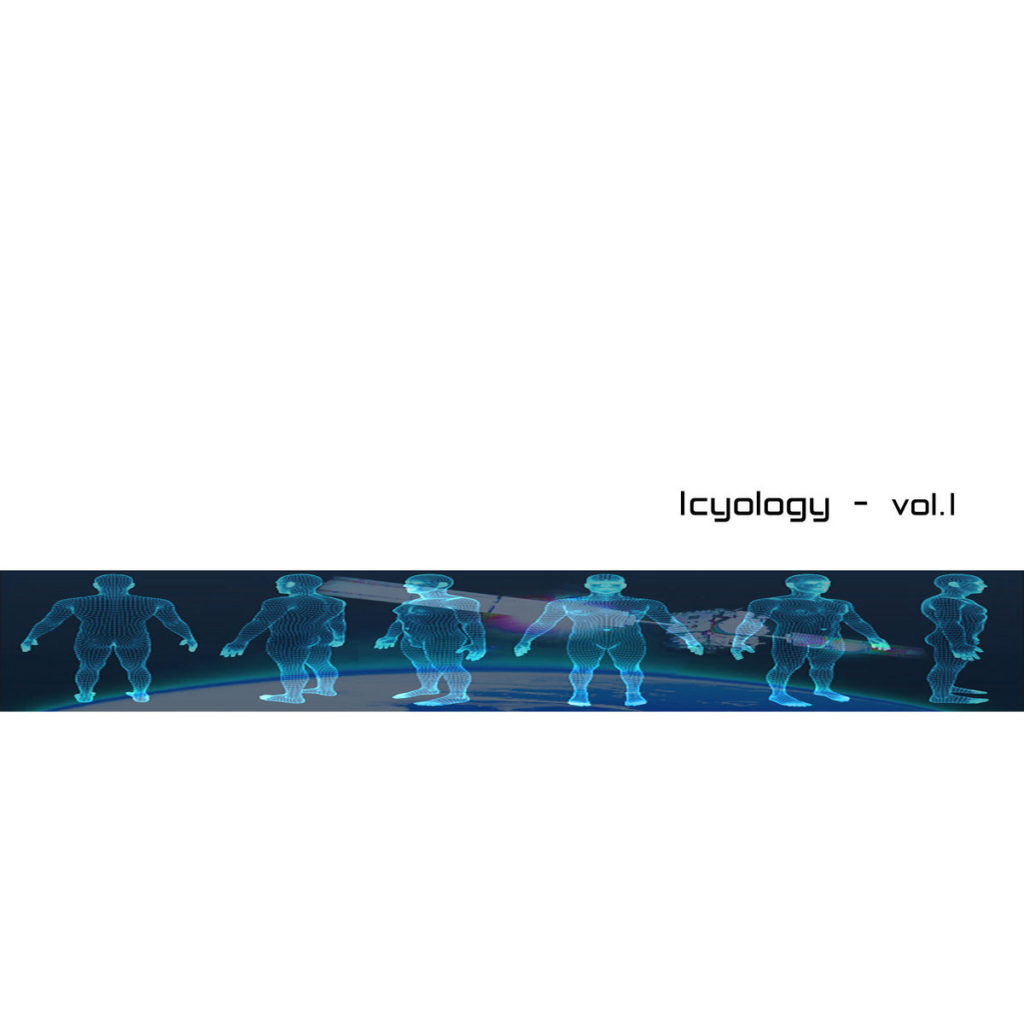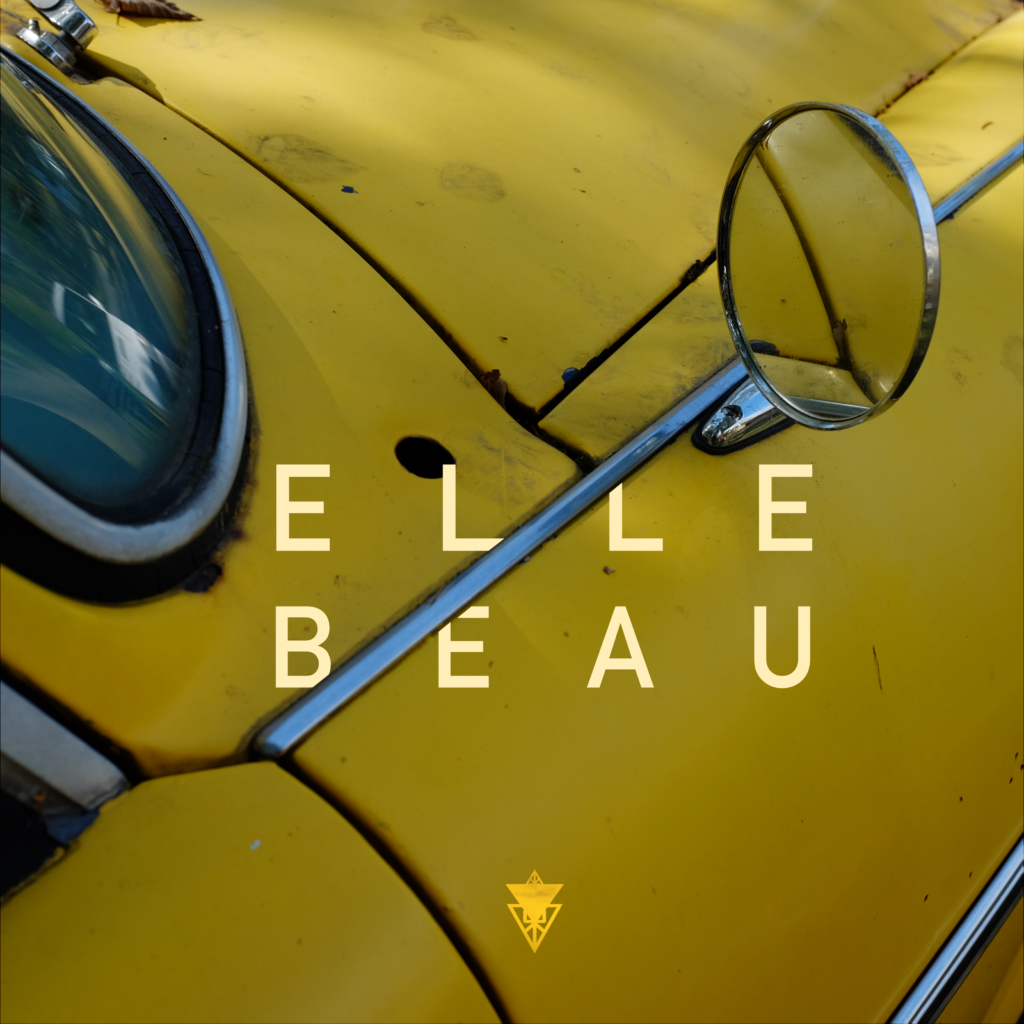FORTHE’s Bandcamp Picks: March 2021
16 minute readFORTHE’s Bandcamp Picks is a regular series highlighting brand new music releases from Long Beach musicians, producers, and bands. This month, our roundup coincides with Bandcamp Friday, which began last spring as part of Bandcamp’s monthly initiative to direct more proceeds to artists in light of the pandemic by waiving its usual 15% service fee for all music purchased that day. That means that today, artists will get to keep 100% of proceeds from music sales, minus a small PayPal or card processing fee. Bandcamp Friday will continue on the first Friday of every month until this May.
Below are our staff’s picks in chronological order of the release date. By purchasing music from their Bandcamp, you can support these local artists directly.
Little Tree – The Little Tree EP

The brain behind Little Tree is Malila Hollow-Gonzalez, a classically-trained pianist and relatively new music producer. As a gigging musician and music teacher, the isolation of the pandemic provided an opportunity for her to focus on creation. Combining her favorite styles of music, ranging from hip hop to jazz to classical, she intended to create music “meant to provoke thought, raise awareness, and relax the listener with vibrant soundscapes and experiences.”
Clocking in at just under 10 minutes, the stand-out song for me on this four-track EP is its closer, “NJNP,” which stands for “No Justice, No Peace.” On the track, she samples cell phone videos taken at Black Lives Matter protests by either herself or a friend, in which you hear the passionate voice of orators standing against police brutality and calling out to remember George Floyd, Ahmaud Arbery, and Breonna Taylor with an equally passionate response from the crowd each time. Hollow-Gonzalez hesitates when asked if she considers herself an activist, “I am not extroverted. I don’t consider myself a “people person,” so I try to focus on the ways I can create positive social change through the avenues I know I am good at.”
The Little Tree EP is dedicated to her friend Louis Conway, a talented sound engineer, musician, and CSULB graduate, who tragically passed away in 2018 at the far too young age of 26. “He was definitely an inspiration to a lot of people. I don’t know if he’d like the style, and I’m sure he’d tell me I am doing 100 things wrong, which is fine…he had a great ear and an amazing ability to be objective in his criticisms. I feel closer to him when I spend time mixing, and that helps me deal with the loss I feel.”
In addition to recording all of the piano, synths, and other sound effects, Hollow-Gonzalez produced and mixed the entire EP herself. She also enlisted the help of live musicians to add instrumentation over the track. Her husband Nic Hollow-Gonzalez played bass on all four songs as well as drums on “Just Another Day” and her friend Zue Young Cooper from Seattle played drums on the other three tracks. Local musicians Dominic Furiani and Miles Jensen played guitar on “NJNP” and “Fridaze,” respectively. Jensen also mastered the album.
I have a feeling that her friend Louis would appreciate the gorgeous work she created in his honor, I look forward to following the growth of this lovely Little Tree.
-EF
Katie Jo – How Soon / I Don’t Know Where Your Heart’s Been

Katie Jo makes music that would sound right at home stuck between Kitty Wells and Loretta Lynn in some dusty honky-tonk jukebox. Originally from Kansas, this singer of mournful country tunes is set to release her debut album Pawn Shop Queen on April 9. Ahead of that, she’s released two singles—both about heartbreak. “How Soon” is all about letting go of an itinerant lover, likely not for the first time. It’s the song of a woman left behind, nursing a lonely drink and cursing the man riding off into the sunset in one of the cities listed in Johnny Cash’s travelogue “I’ve Been Everywhere” (in fact, the songs share a similar spurring rhythm). Katie Jo’s other single, “I Don’t Know Where Your Heart’s Been,” is a lush and dreamy country ballad about that lump-in-your-throat moment when it first dawns on you that it’s over; when the thousand little signs of infidelity are finally too much to ignore, but before the post-break-up tears. “Even if you ain’t leaving me / It’s just a matter of time,” Katie Jo croons on the track, her voice reaching into the lower register as she finishes the line, at times resembling a twangy Victoria Legrand, all the while accompanied by a pedal steel guitar played by Long Beach-based session musician George Madrid that’s both sweet and aching. Nostalgic and evocative, the timeless sound embodied by Katie Jo’s music cuts beyond just retro stylings and straight into the heart of what country music is all about—a strong, hard-won voice regaling us with cautionary tales from the other side of luck and love.
-KF
Ellen Warkentine – A Bouquet of Flowers For Your Ears

Taking us on a sweetly fantastical piano- and ukulele-laden journey through the manic love of our early 20s to the gratitude and self-love that comes with age, Ellen Warkentine’s latest album is told through the eight love types of the ancient Greeks and floriology, the flower language of the Victorians. The eight-song album begins with Mania (obsessive love) and moves to Ludas (playful love) to Storge (familiar love) to Eros (romantic, passionate love) to Agape (selfless, universal love) to Pragma (enduring love) to Philia (affectionate love), and finally, to Philautia (self-love).
Each song also has its own music video with animated collages created by LA-based artist Danielle Heitmuller that reveal layers to the songs through the ascribing of significant flower bouquets. “Time is a Big Waste of Time,” a song depicting how we romanticize unhealthy dependency, is served with a bouquet of rusty-leaved rhododendron (meaning “danger”), passionflower (“susceptibility”), and black mulberry (“I will not survive you”).
In a playful style somewhat reminiscent of Kimya Dawson of Moldy Peaches, “Hey Batfish Batfish” uses what Warkentine calls a “nerd metaphor” for her experience with a crush she had built up in her imagination.
Tomisin Oluwole
Dine with Me, 2022
Acrylic on canvas
36 x 24 inches
Click here to check out our interview with Tomisin Oluwole, a literary and visual artist based in Long Beach.

Instead of gunking up our site with ads, we use this space to display and promote the work of local artists.
Britannica.com says you’re
Ogcocephalidae
I don’t care if you’re an angler
Baby now my heart’s in danger
Say you love me batfish batfish
Near the end, she is reveling in the affectionate memory of an “Old Friend” and stopping to smell the flowers; this time, it’s a bouquet of Lily of the Valley (“return of happiness”) and Michaelmas Daisies (“cheerfulness in old age”). In “Here is Here,” the last song and one of the most recently written, she sings, “You remind me of the sun,” which she told me invokes “opening up to the holiness and to just how sacred it is to be alive and be able to love, it all feels like a gift at the end.”
All songs were written and performed by Ellen Warkentine, engineered by James Kennedy, and mastered by Kris Jackson AKA NatureboyRD. Chris Lyles of the band Panther Heart is the lone guest on the album, who bookends the release by playing his angelic harp on the first and last song. The two also have a show coming up in the next few weeks, details to be announced here.
-EF
Repeated Measures – Icyology (vol. 1)

In his first release of the year, GRN+GLD’s veteran producer/multi-instrumentalist Repeated Measures shares his inaugural foray into the world of drum & bass—but not without his own icy twist. In the four-track EP titled Icyology Vol. 1, the slow, contemplative pace of his previous ambient release Cryogenesis has taken a more solid and angular form, leaving open portals for the lower-range hits to materialize.
“Acid got me seeing convex, more than an illusion in my mental complex” is the lone mantra ringing through the aptly titled opening track “Infrared,” in which a gentle swirling bed of synths meets a bit-crushed jungle breakbeat, signaling a small but visceral glitch in the code. With the urgent intricacy of sequences threading across the frequency spectrum, the breakbeat erodes further with the passage of time. Its tonal shell peels off one layer after another, perhaps not unlike our conditioned perceptions of reality coming undone on hallucinogens. “Anomaly” jolts into a hypnotizing frenzy after a sample of the invitingly familiar Mario Kart countdown reaches zero, morphing into the sonic equivalent of dropping acid and then looking into a burning candle through a magnifying glass.
“Phonon Lattice” is a wildly experimental dose of liquid drum & bass, where delayed vocal samples and wobbly subs engage in a synchronized swim with the driving drone bass that anchors this piece. The final track “Lo.Tek” brings us back to ground level, even just for a sustained moment, with analog drum breaks recorded in Repeated Measures’ own home studio reminding us to feel the bottom of our feet again.
-EK
Hoop Jail – Outtakes 2021

Last month, multi-instrumentalist/producer/visual artist Hoop Jail (WACKO, DRUGS, Hip Priest) released a collection of outtakes from his anticipated full-length solo album slated to arrive this summer. In the opening song of this five-track release, titled “Nothing Stench,” Hoop Jail launches into a hypnotizing spiral of raw groove with playful, dissonant guitar and bass arpeggios reminiscent of Kikagaku Moyo; meanwhile, a clear, saturated guitar melody cuts through like headlights while treading through muddy terrain. The natural crush of the drums in the following track “host collect” paired with the spastic coloring of effected guitar creates a sense of psychedelic euphoria that’s on borrowed time. Collages of explosive tones and pocketed grooves continue throughout the following three tracks—a hearty and trippy stew of post-rock, industrial, and avant pop a la Stereolab.
-EK
Evan Geesman – Elle Beau

In GRN+GLD producer Evan Geesman’s new EP Elle Beau, each of the three tracks is like an opus onto itself. With orchestral builds and collections of beautifully fluid auditory moments, it may be his most cinematic release yet. The opening number “Tell Me I’m Bad” feels like a slow swim through texture, as bare, plaintive synth melodies sweep across the vast soundscape of bells, crescendos of cloud-like harmonic vocal beds, and a dirty swing beat at the center. A delicate humming outro takes us into the second act, titled “Elle Beau in the Club,” where an early ’90s inspired synth arpeggio, alongside a brooding beat and bass tone, digs us deeper into the night. The following outro is another come-to-Jesus moment, with soaring cathedral synths carrying us on their sturdy wings into the next and final chapter: “Elle Beau’s End” is the denouement, the climax, the multi-fanged highlight of this sonic journey. Hard and soft coexist on a slightly bent canvas, and this twisted road to resolution has several marked stops that invite introspection.
-EK


 editors@forthe.org
editors@forthe.org




